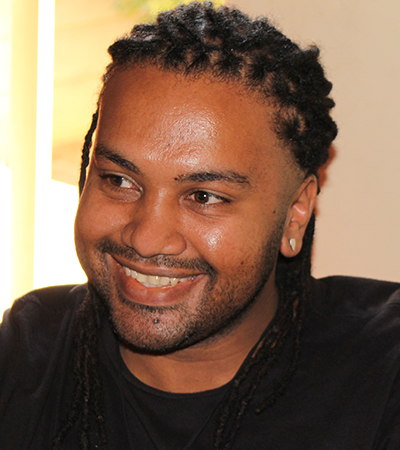Dean Stephanus
Current Fellows: History Department, MA
My research intention is informed by the dictum of the Pan-Africanist historian John Henrik Clarke who once stated: “History is not everything, but it is a starting point. History is a clock that people use to tell their political and cultural time of day. It is a compass they use to find themselves on the map of human geography.” My own thoughts on history is this; everything manipulated by man that which is not found in nature as it is, can be defined as a tool. Hence why history or the study of it can never be anything other than a tool. A tool for political reasons, a tool for insight or wickedness and so forth. It is for us to admit. Thus, when we admit that we use history as a tool, we become better equipped to see its manipulation and to understand the rationale of the manipulative group or person. It is a continual conflict of forces trying to establish a view of the past to make sense of the present and set the course of what still eludes. My research attempts to join the scholars of the humanities that seek to better humanity through challenging norms, with a curiosity to inquire about the human condition and through innovation, seeking to improve where unsatisfactory systematic arrangements still persist.
For me, every phenomenon configures from the struggles of the African experience. I propose that the prolific maestro Prince Rogers Nelson encapsulates Friedrich Nietzsche’s ‘Übermensch’. Going beyond the limits of conformities influenced by the historical record, the ‘Ubermensch’ I submit, should be the ‘new African’. One that does not assume the progressiveness of any liberal sentiment, academic tableau or feelings of utopia. Prince personifies what the ‘Superman’ for the African should be. A person who imagines life for themselves as opposed to perpetuating the confinement of their existence.

